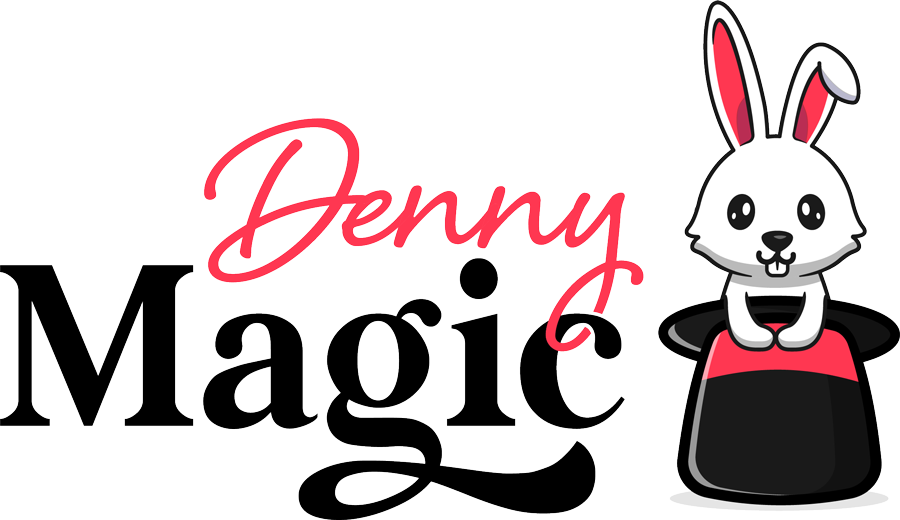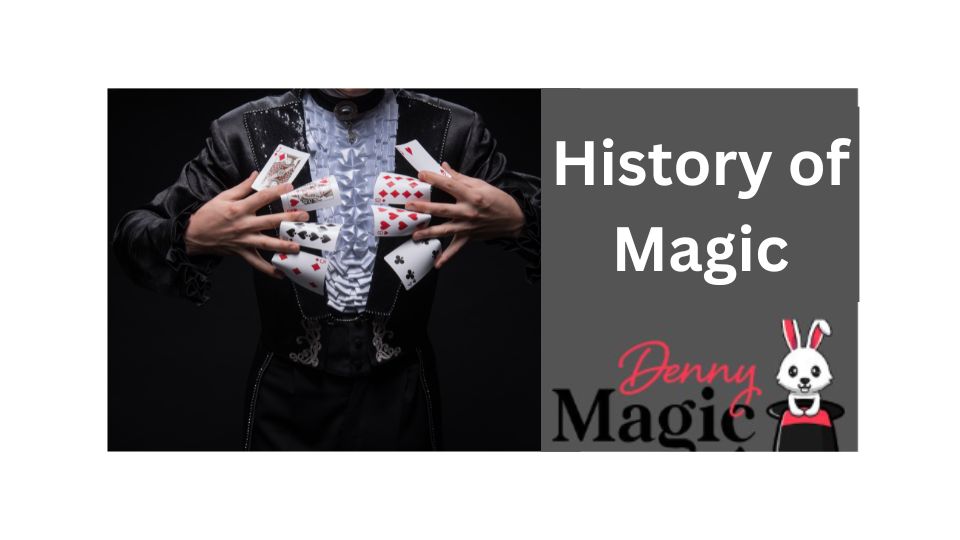The practice of magic has been around for centuries, but there is still some debate over how it was first devised. Many believe that, regardless of its origin story, magic has gained in popularity over time and is now practiced globally by many different cultures.
In this blog post, we will explore the history of magic and where it began, as well as how it has evolved throughout history to become the potent source of power it is today.
We’ll also explore the use of modern-day magic practices and consider what further developments might be on the horizon for this fascinating field. Join us on this magical journey as we dive into the mysteries surrounding where exactly magic began.
The history of magic and where it began
The history of magic and where it began is a debate that has been going on for centuries. It is difficult to pinpoint the exact origin of this phenomenon, as it seems to have been practiced in many different cultures throughout time.
Some believe that its roots lie in ancient Egypt, while others point to Charles Darwin’s theory of evolution and natural selection as an explanation. However, no matter what its true origin story may be, one thing is certain – magic has been around for thousands of years and continues to fascinate people from all walks of life today.
In modern times, we can trace the development of magical rituals and beliefs back through numerous historical periods such as Ancient Greece and Rome, Medieval Europe during the Inquisition period when witches were persecuted, or even further back before written records were kept – into prehistoric times when shamans used spells and incantations for healing or protection purposes.
How magic has evolved over time
Magic has evolved tremendously over time, from its primitive beginnings to the highly complex and specialized practice it is today. In ancient times, magical practices were more closely linked with religion and superstition as a means of controlling natural forces or influencing change outcomes.
Over time though, the magic began to take on a more scientific approach through alchemy, astrology, divination, and other occult sciences. This paved the way for modern-day magicians who focus on manipulating energy fields using symbolic gestures such as chants or rituals in order to achieve desired results.
Today’s practitioners are also taking advantage of technology in their craft – from drawing power from computers to utilizing virtual reality tools that help them create powerful illusions in order to impress their audiences.
Magic has become an art form that combines both science and imagination; allowing those who study it access to realms beyond our own comprehension. It is no wonder then why so many people find themselves drawn toward this fascinating field of study – you never know what new discoveries await each time you delve deeper into the mystical world of magic.
How different cultures practice magic
Magic is practiced in many different cultures and societies around the world, each with its own unique approach to the craft. In some places, magic is seen as a spiritual practice while in others it’s viewed more as an intellectual pursuit or form of entertainment.
In particular, indigenous cultures tend to employ magical practices that are closely tied to their mythology and beliefs about the spirit world. For example, Native Americans often believe in animal spirits which can be harnessed for healing purposes through rituals such as smudging or singing specific songs.
Similarly, those from African Diasporic backgrounds may use Vodou ceremonies for protection against evil forces or Santeria rituals involving sacred objects like eggs and stones for divination.
The future of magic
The future of magic looks bright and full of potential. With advances in technology, the field can continue to evolve in ways that were never before imagined. Virtual reality tools are being used more frequently by magicians to create powerful illusions and entertain audiences, while computers can be programmed with complex algorithms to help them perform complex tasks like card tricks or levitation acts.
Alongside this, practitioners are beginning to draw on ancient wisdom from around the world – incorporating practices such as smudging and ritualistic chants into their performances for a deeper spiritual experience.
As people become more open-minded about embracing their spiritual side, there is likely to be an increase in demand for magical services offered online or at local metaphysical stores. Additionally, we may see a rise in collaborations between magicians and scientists who seek to understand how these supernatural forces work – potentially leading us towards new discoveries about our universe.
Finally, it’s worth noting that magic is also becoming increasingly popular among young people due its ability to provide an escape from our day-to-day lives; offering an opportunity for exploration beyond what we know of physical reality through playful experimentation with esoteric concepts. All things considered it appears that magic will remain firmly rooted within our culture going forward – inspiring imaginations everywhere.

